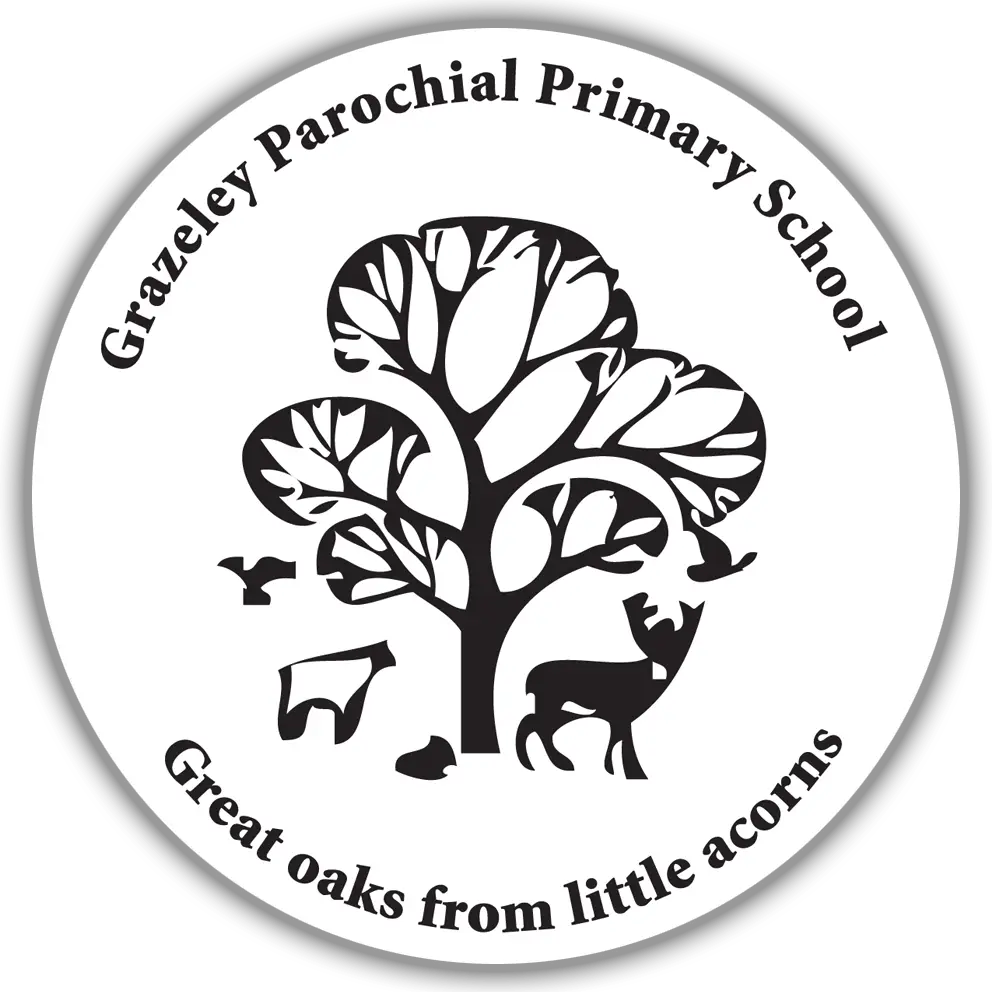- 0118 9883340
- [email protected]
Pedagogy
How we teach at Grazeley
Pedagogy
Principles of Teaching and Learning
Our clear model for effective teaching and learning is based on eight key pedagogical principles referred to as ‘The Grazeley Eight’:
- Review and Retrieval Practice
- Explicit vocabulary teaching
- Questioning
- Explanation
- Modelling-guided practice-independent practice
- Scaffolding
- Challenge
- Feedback
Cognitive and Metacognitive strategies
These are taken into account throughout the teaching sequence and underpin all of the pedagogical approaches used at Grazeley.
Metacognition and self-regulation approaches to teaching support pupils to think about their own learning more explicitly, often by teaching them specific strategies for planning, monitoring, and evaluating their learning.
Managing cognitive load is crucial if new content is going to be transferred into long term memory.
Review and Retrieval
We start each lesson with a recap of prior learning to help embed learning into long term memory. We make clear the connected learning. This could be from the last lesson, last week, last month, last term or last year. We prioritise the recap of key vocabulary. This can take the form of low stakes quizzes, brain dumps, flash cards, TPS. Retrieval practice may take place at any point during a lesson.
Explicit Vocabulary Teaching
We believe that explicit vocabulary teaching promotes the understanding and rich connections that pupils need to make between words, phrases, concepts and big ideas. We select key tier 2 and 3 words that pupils must know to access a unit of work. We then explain the meaning of the word and give opportunities to explore the word. We use choral responses to embed vocabulary.
Questioning
We use questioning to gain a good sense of how well pupils are learning. We use it to identify gaps in knowledge and misconceptions. We also use questioning to challenge children further in their learning to enable progress. We always allow thinking time and encourage ‘think, pair, share’ before ‘cold calling’ to improve engagement and participation.
Explanation
We believe that teachers need to have good subject knowledge in order to be able to offer a clear explanation. We ensure a step-by-step approach to the teaching of concepts and ideas that ensures that working memory is not overloaded. We use worked examples, clear success criteria and are clear about the key knowledge being taught.
Modelling and guided practice-moving to independent practice
We use ‘I do it, we do it, you do it’ as a key strategy. We believe that pupils should gain a high success rate before moving to independent practice. We model each stage step by step. We always live model for maximum impact.
Scaffolding
We use scaffolding at the ‘you do it’ stage to ensure accessibility. We believe that all pupils will reach ambitious goals rather than expectations being lowered for them. The scaffold can be slowly removed to build confidence. Sentence stems are used for all pupils.
Challenge
We believe that all pupils should be challenged in all parts of the lesson to enable them to make progress. Teachers plan so that all pupils are actively engaged in their learning and fulfil their potential by ensuring that work is well matched to pupils’ needs. We consider the needs of early finishers to ensure that their time is not wasted. We always ask ‘how can you improve this?’.
Feedback
We believe that quality feedback is what a teacher says or does to move learning forward. This can be to an individual, a group or the whole class. The purpose of the feedback is to help them know how to deepen their knowledge and understanding or know how to improve their performance.
Feedback may be given during learning not just at the end. Feedback is positive and specific and may involve actions such as redrafting or re-doing. The use of success criteria is embedded into the routines of the lesson.
